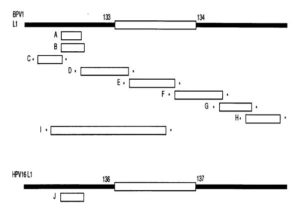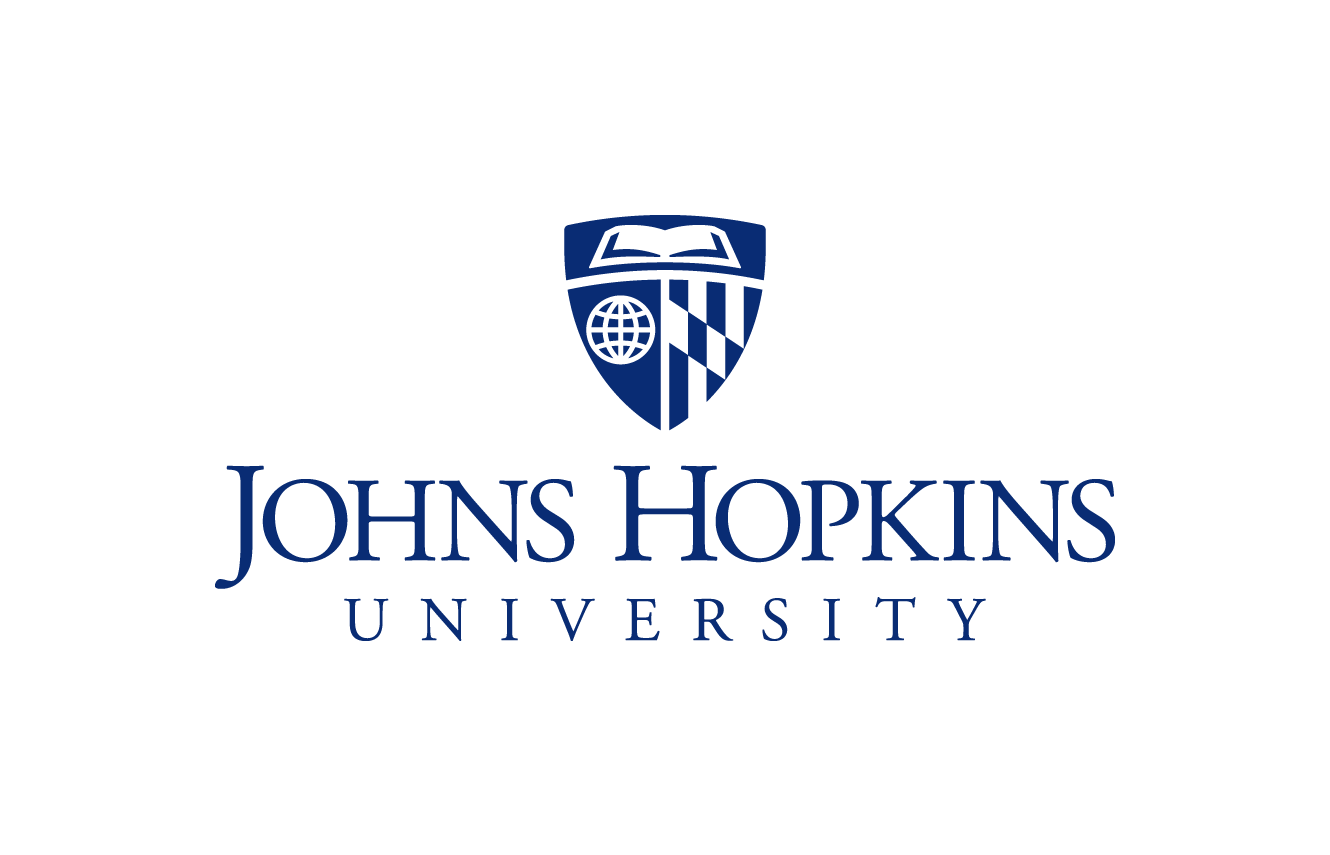Johns Hopkins University provides educational services. The University offers undergraduate and graduate degree programs in business education, engineering, computer science, health services, and other academic fields. Johns Hopkins University serves students and sponsoring organizations worldwide.
In India, the Pharmaceutical business of The Johns Hopkins University is focused on Mutations of the PIK3CA gene in human cancers, Mutations of the PIK3CA gene in human cancers, Coherent optical imaging for detecting neural signatures and medical imaging applications using holographic imaging techniques.
Johns Hopkins University filed patent application numbered 8734/DELNP/2011 that is titled as PAPILLOMAVIRUS-LIKE PARTICLES (VLP) AS BROAD SPECTRUM HUMAN PAPILLOMAVIRUS (HPV) VACCINES. This patent application has been granted as Patent Number 317827.
The invention covers pharmaceuticals compound. This invention relates, e.g., to a virus-like particle (VLP) composition assembled from a chimeric polypeptide comprising a papilloma virus (e.g., human papillomavirus, or HPV) L1 major capsid protein, into which is inserted a surface-displayed peptide comprising a neutralizing epitope of a papillomavirus L2 protein. Vaccine compositions comprising the VLP are described, as well as methods for inducing an immune response (e.g., vaccinating) a subject against papilloma virus, using the VLP, and kits comprising the VLP, for carrying out a method of the invention.

During patent examination, the patent examiner raised objections under Section 3(d) of the Indian Patents Act that, the Claims 1-21, 31, 41-43 recite “virus-like particle (VLP) composition”, “antibody” which is well known in the art in light of D1-D3, hence mere use of a known substance as the said documents also discloses similar isolated virus-like particle (VLP) composition and the Claims 25, 32-38, 40 and 44 recite “method for making a VLP or a capsomere composition”, “method for immunizing or vaccinating a subject against a PV”, “method for inducing an immune response against HPV in a subject”method for treating or preventing a PV infection in a healthy or diseased subject”, which is mere use of a known method in view D1-D3 which also discloses a similar method of using isolated rus-like particle (VLP) composition for the treatment of PV infection.
As a response to the said objection, the applicant pointed out that the compositions are novel and inventive, methods of generating and using the compositions are as well. The compositions of the references fail to achieve the results observable with the presently claimed compositions. Particularly, none of the references disclose or make obvious the unexpected ability of the invention to generate antibodies capable of neutralizing a broad range of papillomavirus types. It has also amended and deleted the claims.
Advocate Rahul Dev is a Patent Attorney & International Business Lawyer practicing Technology, Intellectual Property & Corporate Laws. He is reachable at rd (at) patentbusinesslawyer (dot) com & @rdpatentlawyer on Twitter.
Quoted in and contributed to 50+ national & international publications (Bloomberg, FirstPost, SwissInfo, Outlook Money, Yahoo News, Times of India, Economic Times, Business Standard, Quartz, Global Legal Post, International Bar Association, LawAsia, BioSpectrum Asia, Digital News Asia, e27, Leaders Speak, Entrepreneur India, VCCircle, AutoTech).
Regularly invited to speak at international & national platforms (conferences, TV channels, seminars, corporate trainings, government workshops) on technology, patents, business strategy, legal developments, leadership & management.

